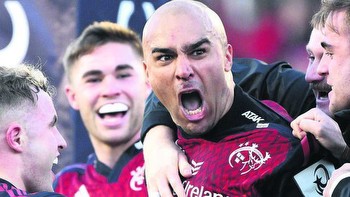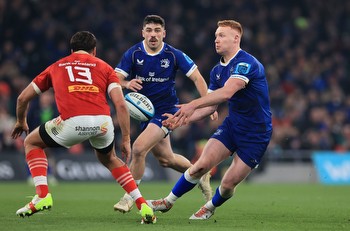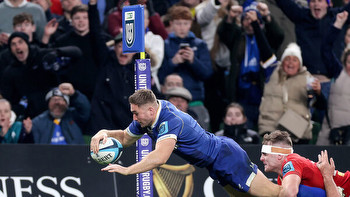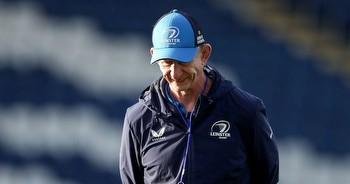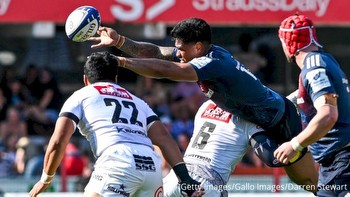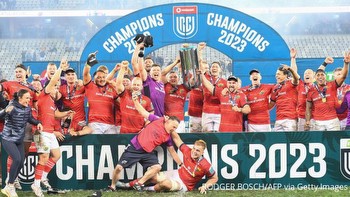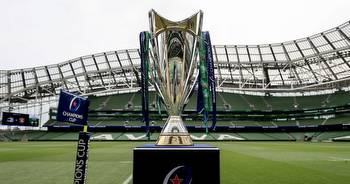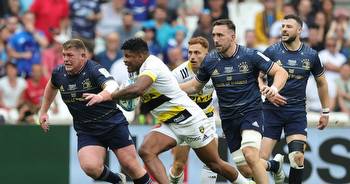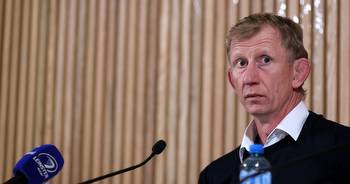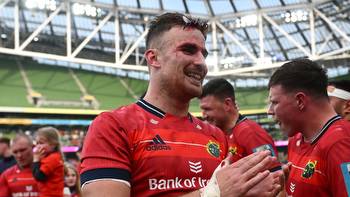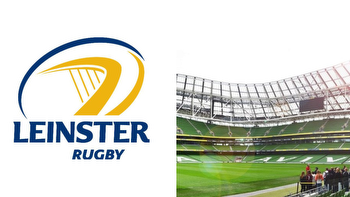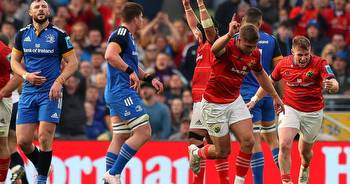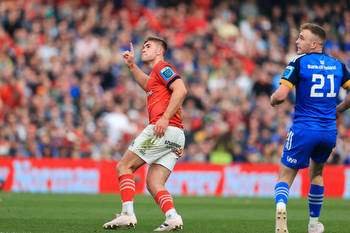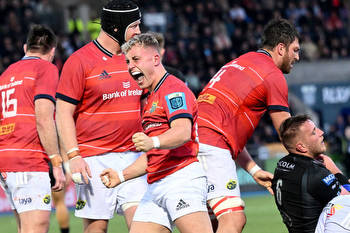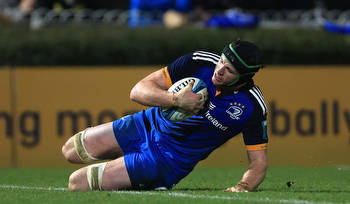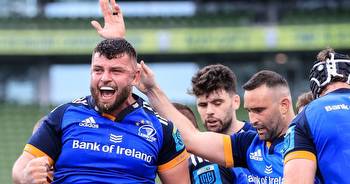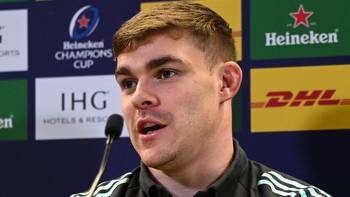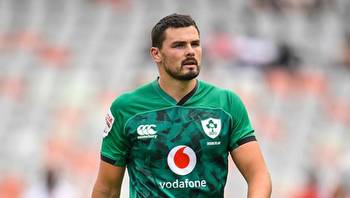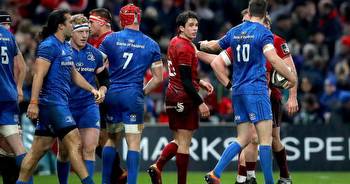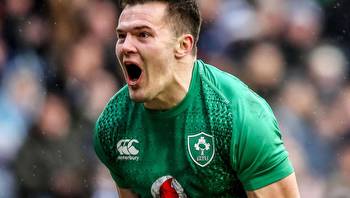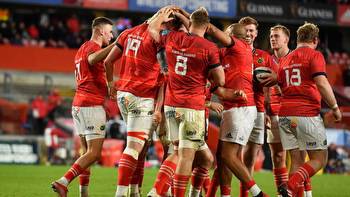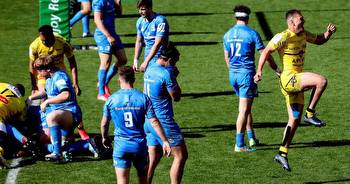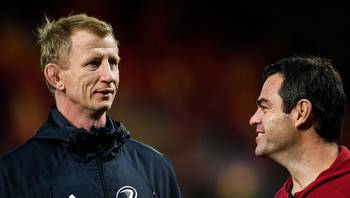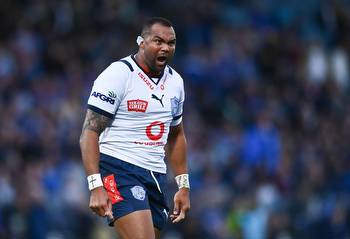Munster's URC semi-final win over Leinster may reignite fiery derby between Irish rivals
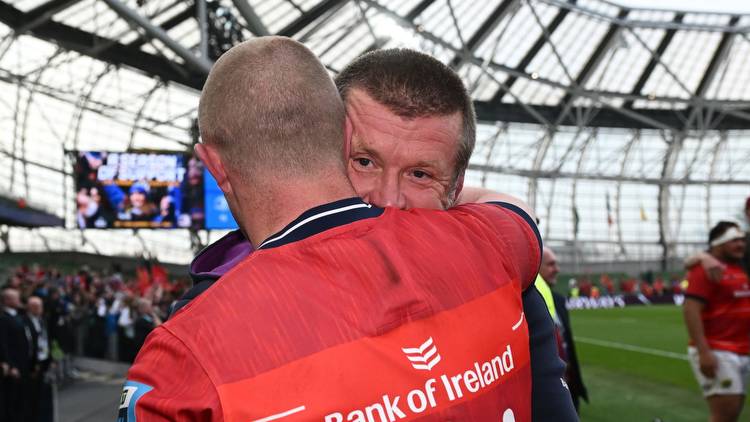
ON FRIDAY, Leo Cullen did his best to try to convince his audience that the Leinster v Munster fixture had not lost his appeal.
He spoke about things such as competition for places in the Ireland squad with a World Cup looming as one of the subplots.
It was a valiant effort, but given how Cullen’s players dominate Andy Farrell’s panel where a few Reds put up their hand, it was not entirely persuasive.
And his argument was undermined by the fact it was accompanied by a team announcement which, once more, saw him hold many of his heavy-hitters in reserve for this derby.
In any case, actions always speak louder than words and Jack Crowley’s input — a match-winning 77th minute drop goal — was far more effective in providing some life support for the rivalry.
And it is no harm that, via the pure-Cork Ronan O’Gara, Donnacha Ryan from Tipperary and Kerryman Ultan Dillane, it will get another spin by proxy this weekend too.
The presence of that trio in the La Rochelle camp will provide a fig leaf for those down south who will attempt to claim that their support for the French side in the Champions Cup final is not simply an anti-Leinster sentiment. Sure, Jan.
For the last couple of seasons, living vicariously through Rog’s triumphs over their neighbours was about as good as it got.
RIVARLY
A rivalry can really only exist if there are two sides of comparable strength with each having a realistic chance of victory at least once in a while.
That has not been the case for quite some time.
It is all very well for one set of players and supporters to be excited by locking horns but it takes two to tango.
And Leinster did not really care about games against Munster because they did not have to.
If the rivalry was still as strong as ever, then they would have had to open the upper tier of the Aviva Stadium.
ATTENDANCE
The weekend crowd was 26,975. Fourteen years ago 82,208 attended a European semi-final between the two at Croke Park.
There are multiple factors — including the prestige of the competition involved and the novelty of Leinster setting up camp at Lansdowne Road wearing off — at play but the primary one is Munster’s decline and the Blues’ dominance.
The fixture had gone the way of Dublin and Meath in Gaelic football with the four-part 1991 mini-series arguably the best home-made production until Love/Hate.
Yes, there was a time when the men from the Royal County were decent but it was an awfully long time ago.
And while there may be quaint folk over the border who dream of the tables being turned again, those of us lucky enough to be from and live in the capital find it hard to take them seriously.
In both instances, one side has a natural, and increasing, demographic advantage over the competition.
And now that both Leinster Rugby and Dublin GAA have figured out how to harness that, it becomes very difficult to combat.
LEINSTER DOMINANCE
Before Saturday, Munster had come out on top just once in the previous 11 meetings, in the once-off and unmissed Rainbow Cup. You have to go back further, to 2011, when Munster last beat Leinster in a knockout game — when they triumphed 19-9 at Thomond Park with their last Cup win in Dublin five years earlier.
Perhaps it was because Cullen played in the Celtic League decider 12 years ago — with the bulk of his career coming when Munster had the upper hand — that he knows not to take anything for granted.
But for the rest of us mere onlookers, it has been very hard to foresee a scenario in which anything other than a Leinster win occurs. Munster are not alone. Remember that, prior to Saturday, Leinster had been beaten only once this season, when they were hammered 62-7 by Bulls last month.
With no offence intended to the players who travelled, the team that took the field was Leinster in name alone.
The squad that was sent to South Africa was akin to Michael D Higgins sending his aide-de-camp to a funeral.
Of course, the President wants to show his respects but, when all is said and done, the deceased is not deemed important enough for him to attend in person. Heck, even Cullen did not stick it out in South Africa for the duration.
He came home early to oversee the preparations being led by Stuart Lancaster for the Champions Cup semi-final over Toulouse the following weekend.
Aside from the management of international players’ load which is such an integral part of the Irish rugby system, Leinster have earned the right to be able to pick and choose the matches for when they need to be fully loaded.
They guaranteed themselves top seeding for both the URC and Champions Cup competitions which, combined with the Aviva Stadium being chosen as the host venue for the European final, meant they did not have to leave Dublin for the knockout stages of either competition.
Cullen was at pains to say it is not their home stadium but, had they progressed to the URC decider, they would have played nine matches there by the end of the campaign.
That is the same number of times they have played at the RDS, where they last togged out in March.
Throw in the fact that the vast majority of Leinster’s players also call it home for Ireland and if they do not feel comfortable there, they never will anywhere.
With all of those things in their favour, it made Munster’s victory all the more remarkable.
As they coughed up chance after chance, it was impossible not to slide into the belief that they had squandered their opportunity.
Three times — twice in the first half and once after the break — they were in stretching distance of Leinster’s line.
But they failed to convert through a mixture of their own profligacy and their opponents’ scrambled defence. Yet they did not go away.
Had Ciarán Frawley converted Joe McCarthy’s try, that three-pointer at the death would not have been enough for Munster to triumph.
And remember that Frawley — Leinster’s fourth-choice place-kicker after Johnny Sexton and the Byrne brothers, Ross and Harry — was taking that kick only because Harry felt tightness in his groin.
But those are the little bits of luck that a side needs to go its way if it is to overcome an odds-on favourite in their back yard.
And — I realise how patronising this sounds — it was hard not to feel pleased for Munster that they were able to prevail.
It is doubtful there is a more popular figure in Irish rugby than Keith Earls.
He emerged when Munster were in their pomp and toiled away as they lost more semis than someone yet to discover Viagra.
In Graham Rowntree — after the tedium served up under Johann van Graan — they have a coach trying to develop a brand of rugby supporters can get behind.
Cullen observed ‘similar traits’ in their side compared to his own, with the Englishman irked by the implication that they had copied Leinster.
However they did it, it is nice to have a rivalry to speak of once more, at least until normal service is resumed.

